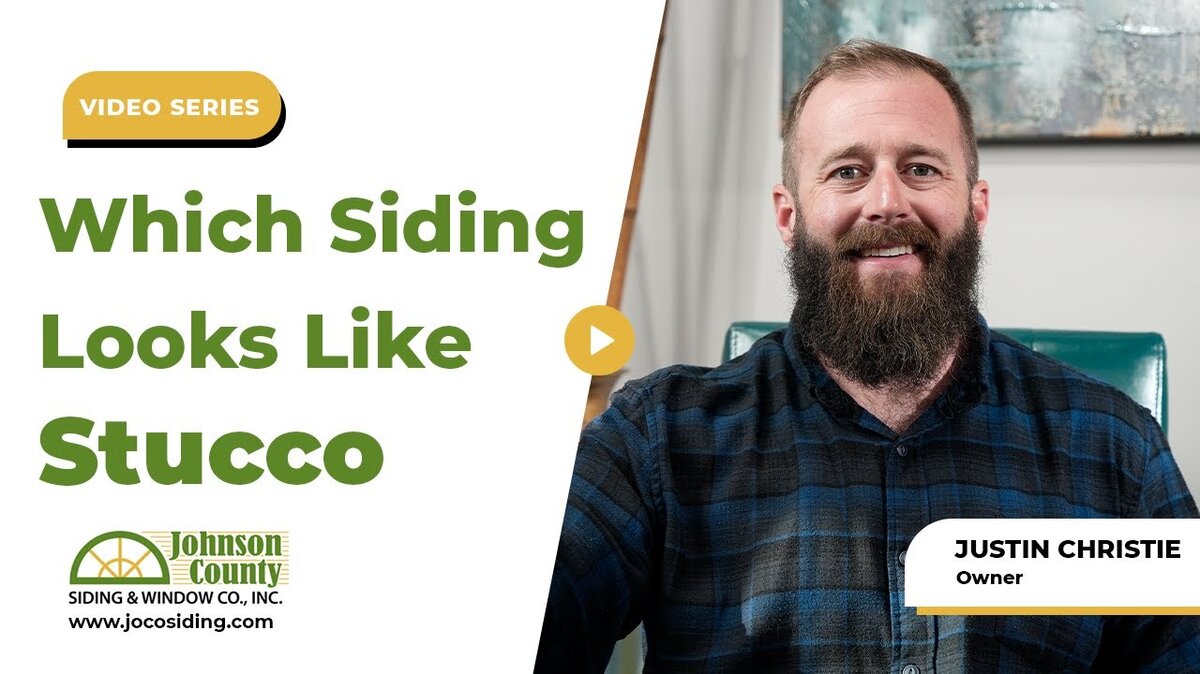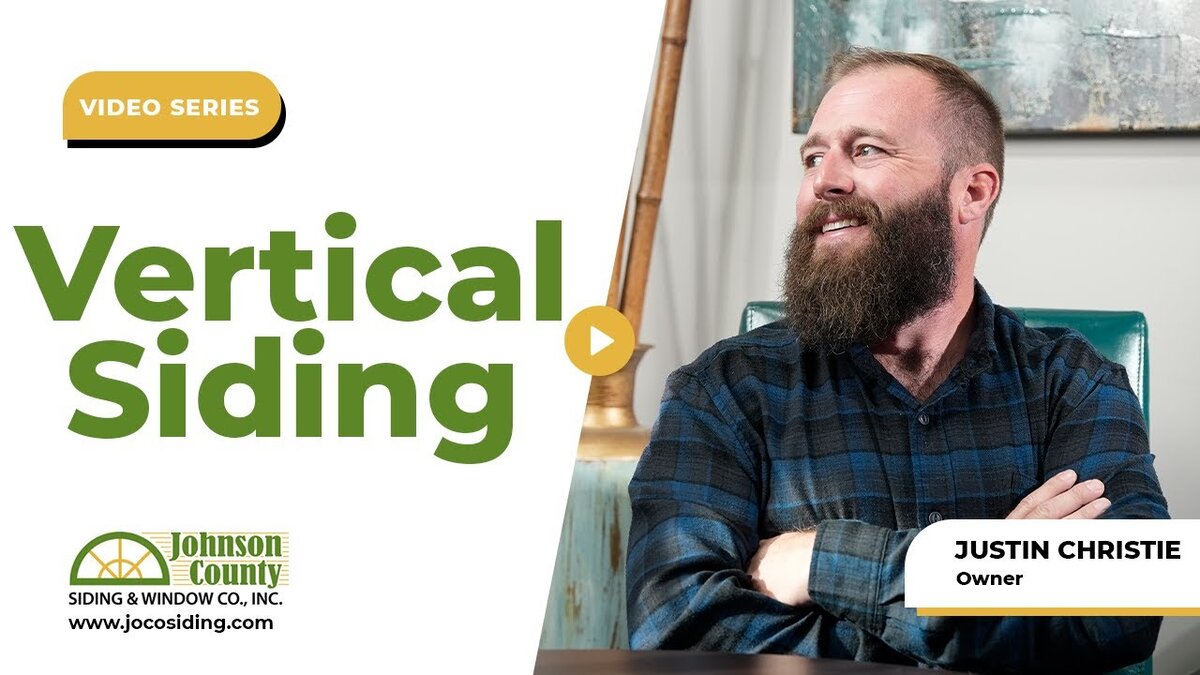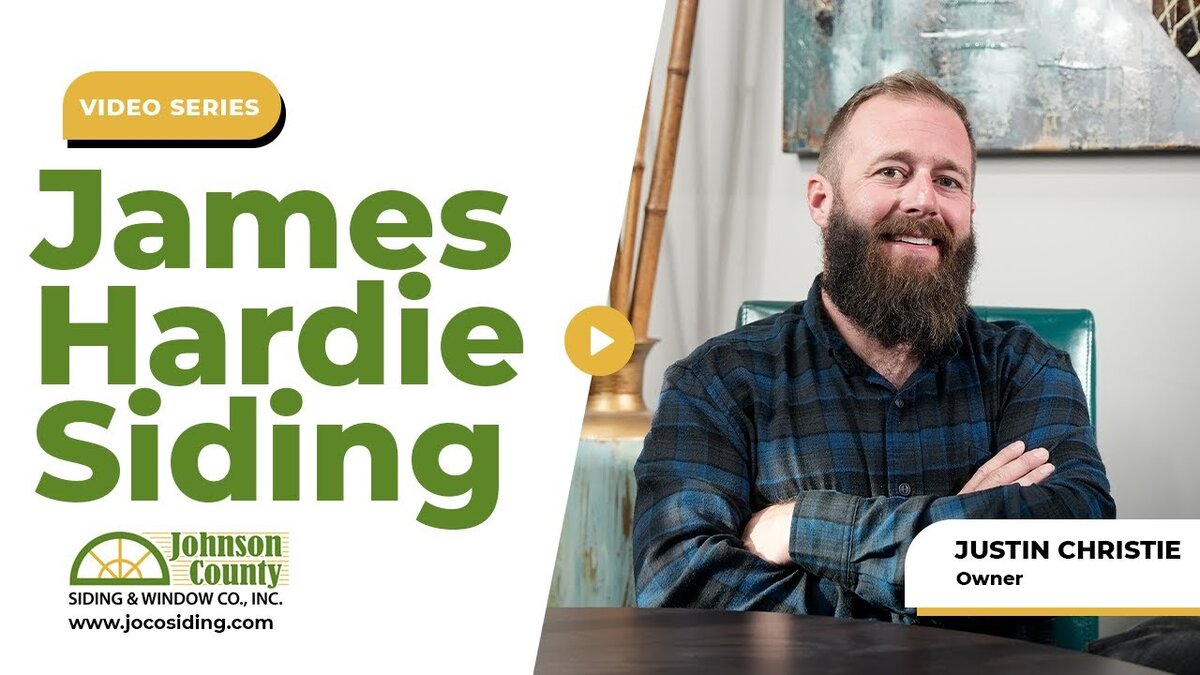The debate about engineered wood siding has been an ongoing one. And while many in the industry have different stances on wood products in general, there’s no denying that homeowners have to weigh their options.
In this blog, we will delve into the pros and cons of engineered wood siding, provide a comparative analysis with a better alternative, and highlight our stance on wood products
Our Stance on Wood Products
Contrary to popular belief, we don’t believe in wood products. The main reason? We wouldn’t install them on our own homes. The goal in any home improvement is to do something once, do it right, and ensure its longevity. Regrettably, the nature of wood products challenges this aim.
Pros and Cons of Engineered Wood Siding
Engineered wood siding does come with its share of merits and demerits:
Pros:
It’s Not Fully Wood: While not completely devoid of wood, engineered wood siding is, as the name suggests, engineered. This means it might offer some advantages over traditional wood siding.
Cons:
It’s Still Wood: Despite being engineered, this siding is still a wood product. This makes it susceptible to some of the traditional issues associated with wood, such as wood rot and wood-boring insects. Although advancements over the years have made it more durable, these vulnerabilities persist.
Better Options: James Hardie Fiber Cement Siding
Having assessed the pros and cons of engineered wood siding, we can’t help but highlight a better alternative—James Hardie Fiber Cement Siding.
Not only is it specifically designed to withstand drastic climate shifts, but James Hardie also offers variations tailored to the climate of specific regions. For instance, the product meant for Kansas City homes is curated to endure the local climate, ensuring its durability and longevity.
Pricing Comparison
From a pricing standpoint, our experience reveals a close match between engineered wood siding and James Hardie Fiber Cement Siding.
We’ve seen both products fetch similar price points, especially when our clients request proposals. However, considering the durability and long-term advantages, we still firmly recommend the James Hardie variant.
Why We Don’t Recommend Engineered Wood
The fundamental reason boils down to its composition. Engineered wood, despite its name, still contains a significant amount of wood components.
In a city like Kansas City, where the climate can be harsh, wood components are not ideal. The prevalence of wood rot, insects, and other related issues make wood-based products less durable.
This is even more concerning when homeowners seek exterior remodeling to extend the life of their home exterior, only to have it shortened due to material choice.
The Goal of Exterior Remodeling
The primary aim of any exterior remodeling is to prolong the maintenance life of the structure. When homeowners opt for an exterior revamp, they’re looking to minimize frequent maintenance and repairs.
Engineered wood, despite its advantages, may not be the best fit for this. But with products like James Hardie Fiber Cement, the aim of long-lasting remodeling seems more achievable, especially in Kansas City’s dynamic climate.
Conclusion: Our Recommendation – James Hardie Fiber Cement
Weighing all factors, it’s evident that while engineered wood siding may offer some advantages, its drawbacks make it less appealing, especially for Kansas City homes.
On the other hand, James Hardie Fiber Cement Siding emerges as a clear winner, offering durability tailored to the city’s climate.
For those considering an exterior revamp or a siding replacement in Kansas City, we strongly recommend opting for James Hardie Fiber Cement Siding. If you have any questions or require more insights into siding choices, don’t hesitate to contact us.



















